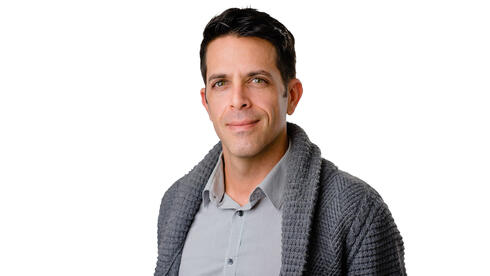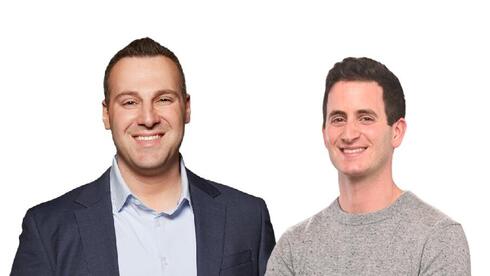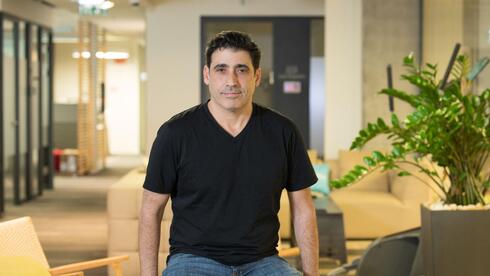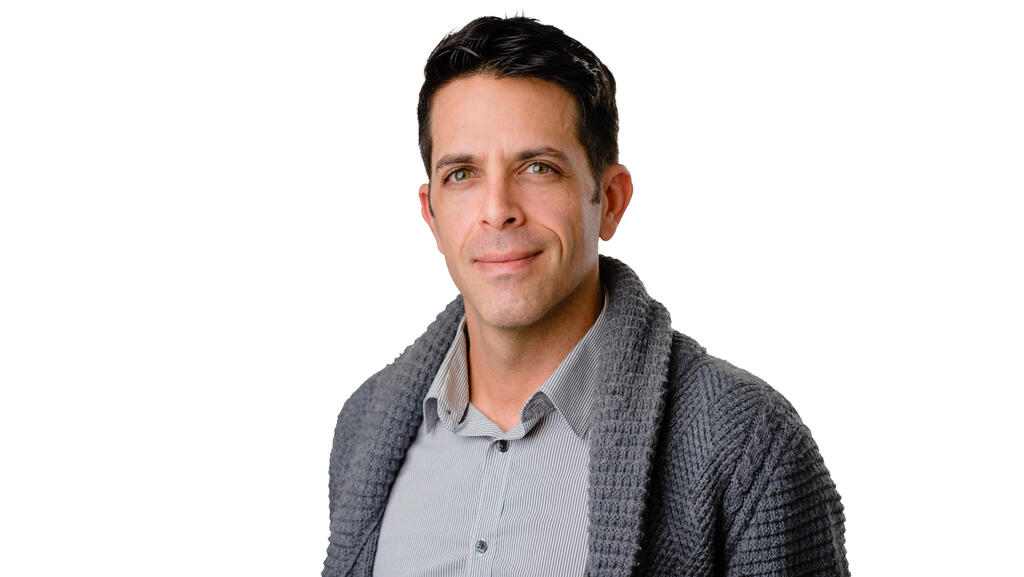
Opinion
Healthcare tech: A sleeping giant in the high-tech ecosystem
Given that the continuing conflict, and the higher risk profile of Israel, will undoubtedly continue to harm investment activity in healthcare, Yoav Fisher, Head of Technological Innovation and Digital Health at HealthIL, writes it may be time to consider adjusting governmental programs to face current challenges and maintain a competitive edge for the future.
Health is one of the most impactful sectors of Israeli high-tech. While Cyber has been getting a lot of attention lately (and rightfully so), the global cyber market is only estimated to generate around $220 billion in revenue per year. The global healthcare market is estimated to be over $11 trillion (yes, with a T) in revenue per year, 50X the size of cyber.
In addition, of all the sectors of Israeli high-tech, it is the health sector that has the most immediate impact internally on the Israeli economy due to deep involvement of key local stakeholders: Israeli healthcare organizations, multinational corporations in healthcare, and startups.
Over 80% of the 2,000 health startups in Israel have done studies and pilots with Israeli healthcare organizations or are intending to. The multinational corporations perform trials that bring hundreds of millions of shekels in direct revenue to Israel and are a critical component of startup success. Finally, the Israeli healthcare organizations are uniquely focused on innovation and helping build solutions for the future.
Therefore, it is important to understand and assess investment activity over the first half of 2024 and the impact this will have on the future of the health innovation ecosystem in Israel.
In short, the situation is not good.
The continued war with Hamas has had a significant negative impact on investments in the healthcare space, particularly in the early stages.
Investors who are familiar with Israel and have invested in Israeli companies in the past are hesitant to make investments when the risk profile of the country is substantially elevated. Investors who have not yet invested in Israel are extremely reluctant to take a first step given the ongoing conflict. In addition, there is a tangible fear that Boycott, Divestment, and Sanctions (BDS) efforts may influence continued investment activity.
The highlights below have been compiled by disclosed data from HealthIL and Startup Nation Central.
- Total investment activity decreased by 33% in H1 2024 compared to H1 2023, and private investment decreased by nearly 60% when compared to quarterly activity before October 7th.
- All three sectors of healthcare innovation have been affected.
Reliance on non-traditional investments to compensate for lower funding activity: Early stages have resorted to grants and extensions to stay afloat, while later stages rely on PIPE deals. Neither of these are sustainable.
- Even despite the conflict, mid stage (A / B) rounds noticeably increased in H1 2024 when compared to H1 2023, which is a testament to both the resiliency and quality of emerging startups. This includes a $47M investment to Empathy, $31M to Sensi, and $15M to Opmed.
- Also, despite the conflict, Team8 announced a new $500M fund which will allocate a portion of the proceeds to health. IBEX announced a $106M early-stage fund. And both Greylock and Sequioa, two long-standing brand-name Silicon Valley funds, announced they will renew operations in Israel.
- It may be time to consider government intervention to address current challenges and also maintain a competitive advantage in the future.
The importance of healthcare innovation Israel cannot be understated and should be seen as national asset. Israel has achieved a dominant position in the cybersecurity space, but it is barely scratching the surface of the potential of the global healthcare market.
As the war with Hamas continues, and without clear indications of what will happen after the war, it may be time to consider governmental intervention to address both short term and long-term issues in order to protect and grow this critical national asset.
This can include things like:
- Mechanisms to protect downside risk for international investors
- Adapting operations of government representatives like Economic Attaches to better support earlier stage startups and help them achieve early traction.
- Build mechanisms for stronger innovative activities between startups and multinational corporations – which are a primary drivers of healthcare innovation activities in Israel – including reassessing how current Israeli IP policy may inhibit innovation.
- Long-term strategies to fill gaps in data infrastructure in Israel to return Israeli healthcare data to the level of international primacy.
- Mapping out and addressing differences in tax and accounting standards between Israel and the rest of the world to increase ease of doing business.
What investment activity over the first half of 2024 has shown is that outside of recent successes in cyber, we are not yet at a “turning point”, and the elevated risk profile of the country has taken precedence over financial opportunities.
In conclusion, it is impossible to ignore the relevance of Israeli healthcare innovation and its contribution to the wider Israeli economy. The continuing conflict, and the higher risk profile of Israel, will undoubtedly continue to harm investment activity in healthcare. While there is significant government involvement already, it may be time to consider adjusting governmental programs to face current challenges and maintain a competitive edge for the future.
Yoav Fisher is the Head of Technological Innovation and Digital Health at HealthIL.















